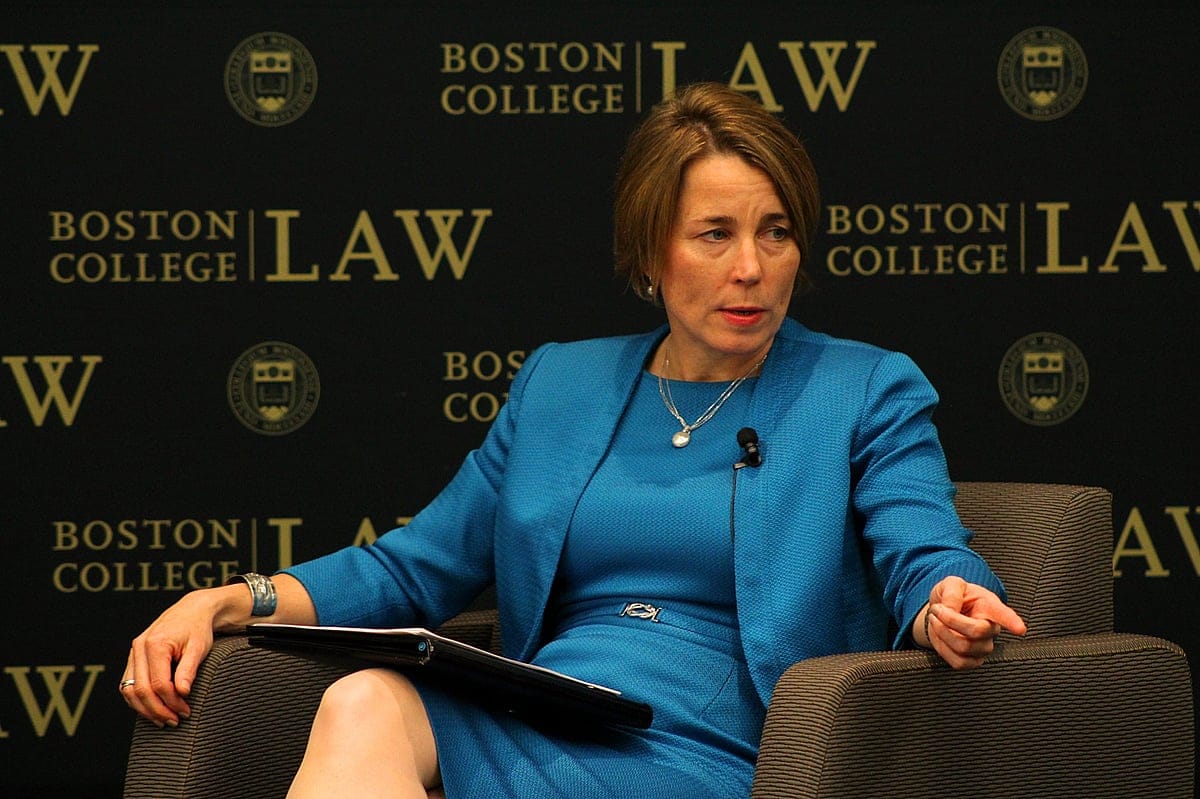AG Healey Answers Some Questions, Not Others on Gun Directive

NEWTON — Massachusetts Attorney General Maura Healey brushed back claims from a bipartisan group of Beacon Hill lawmakers that her office has failed to respond to formal written requests made last July seeking clarity on her directive banning so-called "copycat" assault weapons.
"We've held numerous conversations with legislators and have provided significant information to them about the enforcement notice and our actions," Healey told New Boston Post on Tuesday. "I continue to be available to answer their questions to the extent that there are any."
